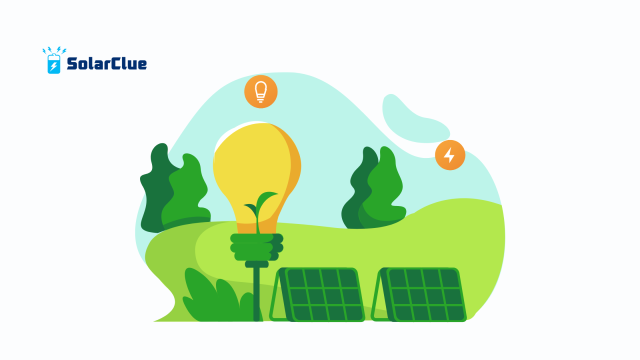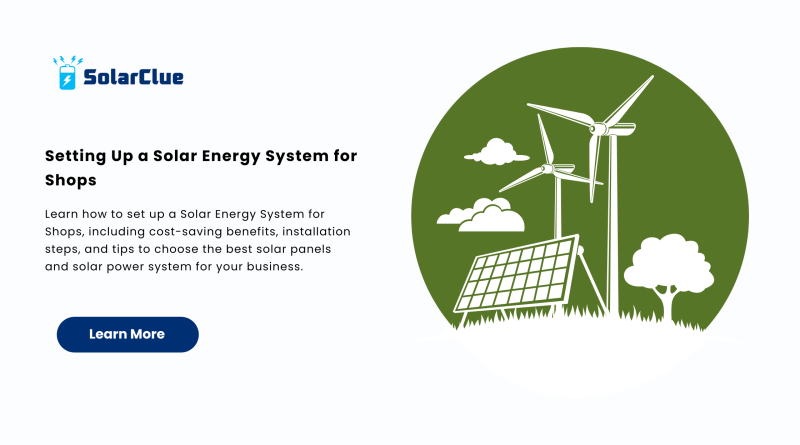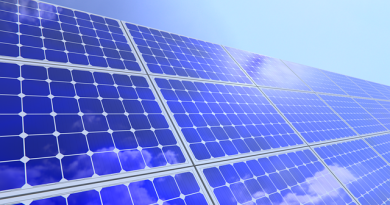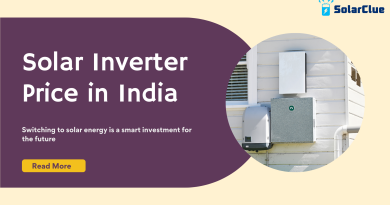Setting Up a Solar Energy System for Shops
As energy prices continue to rise and environmental concerns grow, businesses across India are searching for smarter, sustainable solutions to manage operating costs. One of the most effective ways to do that is by setting up a Solar Energy System for Shops. Whether you operate a small retail store, a supermarket, or even a salon, switching to solar power can drastically reduce your electricity bills and elevate your brand’s eco-friendly image.
In this guide, we’ll walk you through everything you need to know—from choosing the right solar panels to installing a reliable solar power system, ensuring that your shop not only saves money but also contributes to a greener planet.
Table of Contents
- 1 Benefits of Installing a Solar Energy System for Shops
- 2 What is a Solar Energy System?
- 3 Steps to Set Up a Solar Energy System for Shops
- 4 Choosing the Right Inverter and Battery
- 5 Cost Breakdown of a Solar Power System for Shops
- 6 Installation Process: What to Expect
- 7 Maintenance and Monitoring
- 8 Return on Investment (ROI)
- 9 Common Mistakes to Avoid
- 10 Tips to Maximize Benefits
- 11 Real-Life Use Case
- 12 Conclusion: Go Solar, Grow Smarter
- 13 FAQs
Benefits of Installing a Solar Energy System for Shops
1. Lower Electricity Bills
Energy costs form a significant part of a shop’s monthly expenses. Installing a solar power system allows you to generate your own electricity, potentially slashing your energy bills by up to 80%.
2. Uninterrupted Power Supply
Frequent power cuts can harm sales and disrupt daily operations. A well-configured solar energy setup, especially one with battery backup, ensures your shop remains operational even during outages.
3. Positive Brand Image
Today’s consumers are increasingly inclined to support environmentally responsible businesses. Adopting a solar energy system not only reduces your carbon footprint but also enhances your public image.
What is a Solar Energy System?
A Solar Energy System for Shops typically includes:
-
Solar panels: Capture sunlight and convert it into DC electricity.
-
Inverter: Converts DC into usable AC power.
-
Battery (optional): Stores energy for use during non-sunny hours or outages.
-
Mounting structures: Secure the panels on rooftops or other surfaces.
-
Wiring and safety devices: Ensure efficient and safe energy flow.
There are three main types of systems:
-
On-grid (grid-tied): Connected to the public electricity grid. Ideal for shops in urban areas.
-
Off-grid: Works independently without a grid connection. Suitable for remote locations.
-
Hybrid: Combines both on-grid and off-grid features, including battery storage for backup.
Steps to Set Up a Solar Energy System for Shops
1. Analyze Your Energy Needs
Start by checking your past 6–12 months of electricity bills to understand your average consumption. This helps determine how many solar panels you’ll need.
2. Inspect Roof Space and Structure
Ensure your roof is strong enough and has sufficient space and sunlight exposure. South-facing roofs in India receive optimal sunlight.
3. Choose the Right Solar Panels
Go for high-efficiency panels from reputed brands. While they might cost more upfront, they produce more energy and last longer—delivering better returns over time.
Choosing the Right Inverter and Battery
Inverter Options
-
String inverters: Great for large areas with consistent sunlight.
-
Microinverters: Ideal if your roof has shading or multiple angles.
Do You Need a Battery?
If your shop operates at night or in areas with frequent outages, a battery system can be invaluable. Choose:
-
Lithium-ion batteries for longer life and less maintenance.
-
Lead-acid batteries if you’re looking for a lower-cost option.
Cost Breakdown of a Solar Power System for Shops
Initial Investment
The cost depends on your energy needs and equipment. For a small to medium-sized shop, expect an investment between ₹1.5 to ₹4 lakhs.
Government Subsidies
Thanks to government initiatives, residential and commercial users can get subsidies up to 40% on rooftop solar panel installations. Check with your local DISCOM for current offers.
Installation Process: What to Expect
Site Survey
A certified installer will inspect your site to determine the best layout for solar panels and estimate system size.
Design and Engineering
Engineers customize your system design based on energy needs, sunlight availability, and roof orientation.
Documentation and Approval
Permits from the local electricity board are required for grid-connected systems. Reputed vendors will assist you with this.
Installation and Testing
Panels and inverters are installed, connected, and tested for safety and performance. It typically takes 2–5 days to complete.
Maintenance and Monitoring

Regular Cleaning
Dust and dirt can reduce panel efficiency. Clean them every 2–3 weeks, or hire a professional service.
Performance Monitoring
Modern solar power systems come with apps or web portals that help you track power generation, usage, and savings in real-time.
Return on Investment (ROI)
Payback Period
Most shop owners recover their initial investment within 3–5 years.
Long-Term Savings
With a lifespan of 25–30 years, solar panels provide free electricity for decades after the system has paid for itself.
Common Mistakes to Avoid
-
Skipping a site survey
-
Choosing low-quality or non-certified equipment
-
Ignoring maintenance
-
Under-sizing the system to save on costs
-
Not checking local government rules or subsidies
Tips to Maximize Benefits
-
Use appliances during peak sunlight hours to consume direct solar energy.
-
Choose energy-efficient lighting and devices.
-
Keep your panels clean and shaded-free.
-
Monitor your system regularly to catch issues early.
Real-Life Use Case
An electronics shop in Bengaluru installed a 5 kW solar power system. Their average electricity bill dropped from ₹8,000 to ₹1,200 per month. With government subsidies, the system cost ₹2.5 lakhs and will break even in 3.2 years. They now enjoy stable power during monsoon outages and promote their shop as eco-friendly—a win-win!
Conclusion: Go Solar, Grow Smarter
Investing in a Solar Energy System for Shops is more than just a smart financial decision—it’s a step toward building a sustainable business. From lowering your bills to powering through outages and attracting environmentally conscious customers, the benefits are undeniable.
Whether you’re a small retailer or a medium-sized shop owner, the sun can work for you. There’s never been a better time to switch to solar power.
FAQs
1. How many solar panels do I need for my shop?
The number depends on your monthly electricity usage. On average, a 3 kW system (about 6–8 panels) suits small shops.
2. Will solar panels work during cloudy days?
Yes, though efficiency is lower. Hybrid systems with batteries help maintain power supply even during less sunny days.
3. Can I install solar panels if I rent my shop space?
Yes, with landlord approval. You can opt for modular or portable panels that can be moved later.
4. Is maintenance difficult or costly?
Not at all. Regular cleaning and yearly checkups are usually enough. Many installers also offer AMC (Annual Maintenance Contracts).
5. Are there any financing options available?
Yes, many banks and NBFCs offer solar loans at competitive interest rates, and some solar providers have EMI plans.
🌞 Ready to power your shop with the sun? Take the first step today and explore the perfect system for your store at 👉 solarclue.com
Want more expert tips and success stories? Dive into our knowledge hub at 👉 blog.solarclue.com



